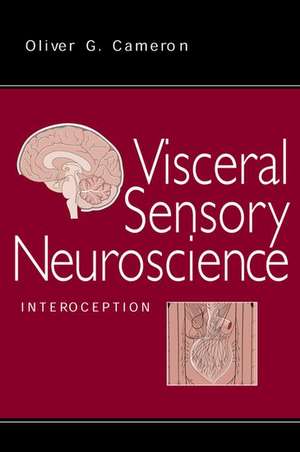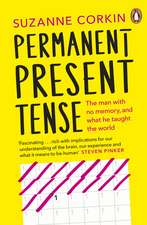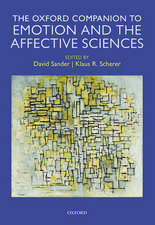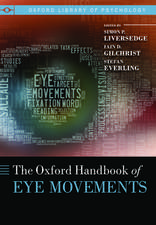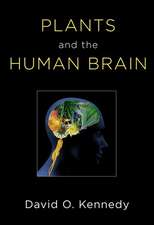Visceral Sensory Neuroscience: Interoception
Autor Oliver G. Cameronen Limba Engleză Hardback – 31 ian 2002
Preț: 503.13 lei
Preț vechi: 691.74 lei
-27% Nou
Puncte Express: 755
Preț estimativ în valută:
96.27€ • 100.52$ • 79.50£
96.27€ • 100.52$ • 79.50£
Carte tipărită la comandă
Livrare economică 04-10 aprilie
Preluare comenzi: 021 569.72.76
Specificații
ISBN-13: 9780195136012
ISBN-10: 0195136012
Pagini: 276
Ilustrații: numerous figures
Dimensiuni: 166 x 241 x 26 mm
Greutate: 0.78 kg
Editura: Oxford University Press
Colecția OUP USA
Locul publicării:New York, United States
ISBN-10: 0195136012
Pagini: 276
Ilustrații: numerous figures
Dimensiuni: 166 x 241 x 26 mm
Greutate: 0.78 kg
Editura: Oxford University Press
Colecția OUP USA
Locul publicării:New York, United States
Recenzii
. . . the author is clearly a master of the meaning of interoception . . . a useful resource for students of psychology and neurobiology in general . . . I learnt a great deal from it and would recommend others embarking on the fascinating investigation of brain processing of bodily sensations . . . to read it.
